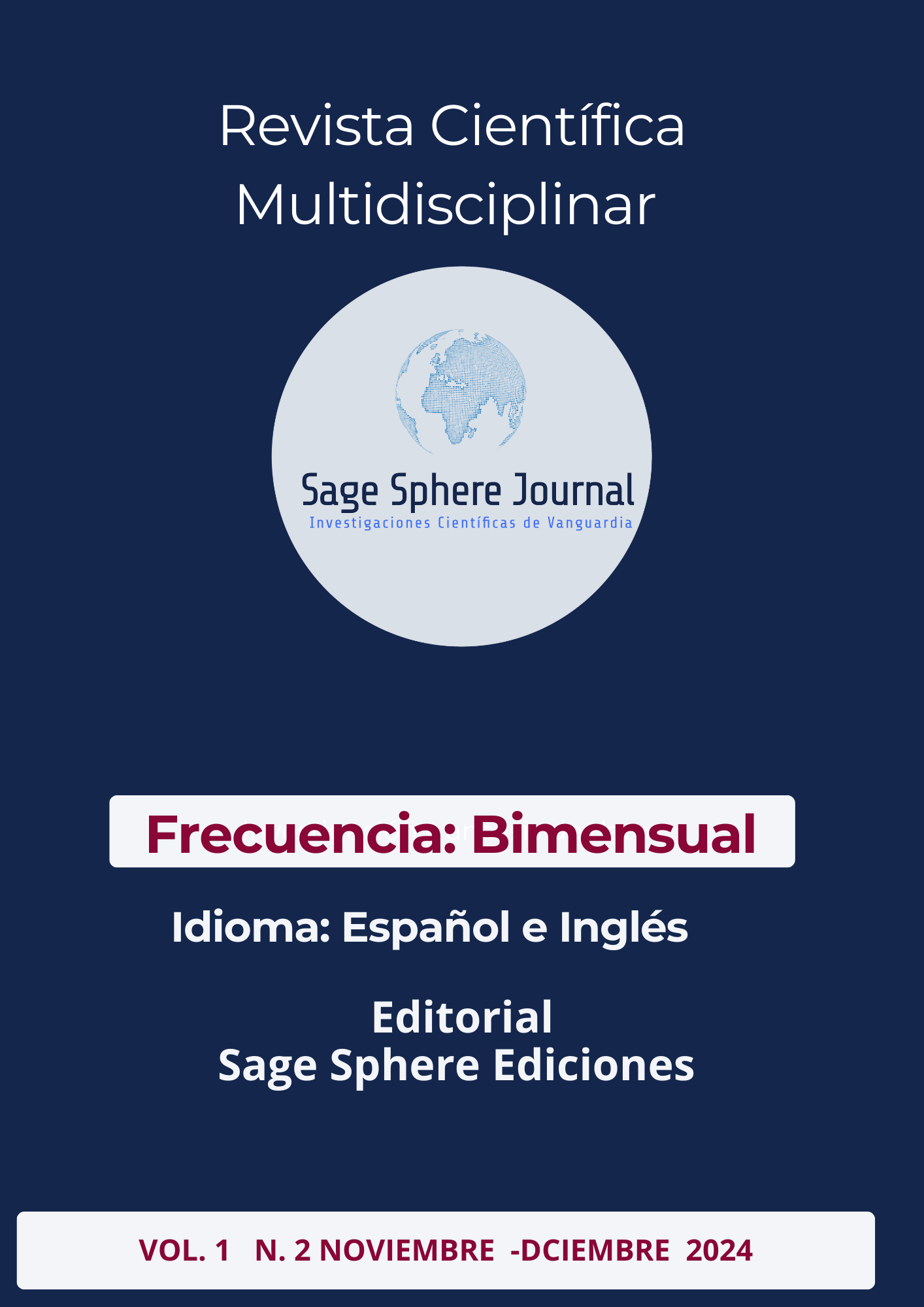The use of recast feedback to enhance speaking skills
DOI:
https://doi.org/10.63688/cbccev64Keywords:
Feedback, Pronunciation, RecastAbstract
Feedback is a crucial element in learning English, as it plays a fundamental role in correcting errors and developing language skills, pronunciation being one of the most important. Pronunciation is essential for effective communication as it must be understandable, accurate and clear. Therefore, the purpose of this research is to examine the use of feedback in the form of recast in the 10th grade ‘A’ group of General Basic Education of the Educational Unit ‘Pensionado Olivo’, in order to improve pronunciation in English. This study is non-experimental and adopts a mixed approach, with a descriptive modality and an exploratory level. The results show that the strategies employed in the teaching of English pronunciation are not adequately implemented. In addition, the methodological system used to apply the recast presents inconsistencies, which prevents students from acquiring the necessary competences to use English correctly in communication. Finally, an adequate methodological process is detailed which makes the recast an effective tool for identifying and improving English pronunciation.
References
AAdara, R. (2018). Demotivating Factors of Indonesian College Students to Learn English as A Foreign Language | Adara | Sukma: Jurnal Pendidikan. 2. https://doi.org/10.32533/02101.2018
Alqahtani, A., & Al-enzi, E. (2011). EFL Teachers’ Feedback to Oral Errors in EFL Classroom: Teachers’ Perspectives –AWEJ. 2011, 2(1), 214–232. Blomberg, J., Burrell, M., & Guest, G. (2002). An Ethnographic Approach to Design (pp. 964–986). https://doi.org/10.1201/b11963-52
Borghouts, J., Brumby, D., & Cox, A. (2019). TimeToFocus: Feedback on Interruption Durations Discourages Distractions and Shortens Interruptions—UCL Discovery. Transactions on Computer-Human Interaction. https://doi.org/10.1145/3396044
Braun, V., Clarke, V., Boulton, E., Davey, L., & McEvoy, C. (2021). The online survey as a qualitative research tool. International Journal of Social Research Methodology, 24(6), 641–654. https://doi.org/10.1080/13645579.2020.1805550
Civille, G. V., & Lawless, H. T. (1986). The Importance of Language in Describing Perceptions. Journal of Sensory Studies, 1(3–4), 203–215. https://doi.org/10.1111/j.1745-459X.1986.tb00174.x
Feeney, E. (2007). Quality Feedback: The Essential Ingredient for Teacher Success. The Clearing House, 80, 191–198. https://doi.org/10.3200/TCHS.80.4.191-198
Nishanthi, R. (2018). Important of learning English in today world. International Journal of Trend in Scientific Research and Development, Volume-3. https://doi.org/10.31142/ijtsrd19061
Phuong, T. T. B., & Huan, N. B. (2018). TEACHER CORRECTIVE FEEDBACK ON STUDENTS’ SPEAKING PERFORMANCE AND THEIR UPTAKE IN EFL CLASSES. European Journal of Foreign Language Teaching, 0, Article 0. https://doi.org/10.46827/ejfl.v0i0.1823
Rendón-Macías, M. E., Villasís-Keever, M. Á., & Miranda-Novales, M. G. (2016). Estadística descriptiva. Revista Alergia México, 63(4), 397–407. https://doi.org/10.29262/ram.v63i4.230
Rodríguez, A. (2017). Prácticas innovadoras inclusivas: Retos y oportunidades. Servicio de Publicaciones. https://dialnet.unirioja.es/servlet/libro?codigo=713283
Sallang, H., & Ling, Y.-L. (2019). The Importance of Immediate Constructive Feedback on Students’ Instrumental Motivation in Speaking in English. Britain International of Linguistics Arts and Education (BIoLAE) Journal, 1(2), 1–7. https://doi.org/10.33258/biolae.v1i2.58
Savvani, S. (2020). Meaningfully Engaging EFL Students in the Digital School: Teacher Attitudes and Best Practices: Education Book Chapter | IGI Global. https://www.igi-global.com/chapter/meaningfully-engaging-efl-students-in-the-digital-school/268512
Sorayyaei, A. (2020). Factors Affecting Malaysian Undergraduate Students’ Motivation in Improving English Proficiency in Academic Environments: Education Book Chapter | IGI Global. https://www.igi-global.com/chapter/factors-affecting-malaysian-undergraduate-students-motivation-in-improving-english-proficiency-in-academic-environments/267454
Takahashi, N. (2014). The Journal of Language Learning and Teaching » Submission » Stressed Intonation on Recasts: Differential Effects in Comparison with Prompts. 4. https://dergipark.org.tr/en/pub/jltl/issue/22503/240586
Downloads
Published
Issue
Section
License
Copyright (c) 2024 Segundo Alexander Rosado Martinez, Emily Ashley Alvarado Bastidas, Stefanie Marjorie Alvarado Rosado (Autor/a)

This work is licensed under a Creative Commons Attribution 4.0 International License.
Los artículos publicados en la revista se distribuyen bajo la licencia Creative Commons Atribución 4.0 Internacional (CC BY 4.0). Esta licencia permite a terceros descargar, copiar, distribuir, adaptar y reutilizar una obra, incluso con fines comerciales, siempre que se otorgue el crédito adecuado al autor original.





